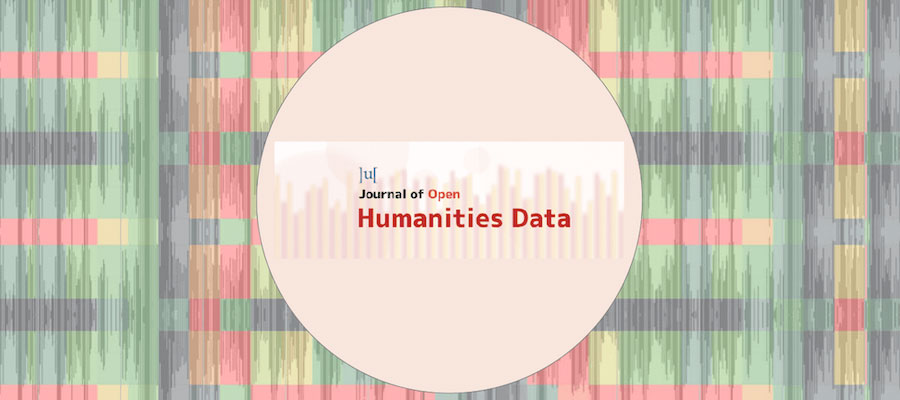Representing the Ancient World through Data, special collection of Journal of Open Humanities Data
The study of the ancient world strongly benefits from the existence of datasets: from textual corpora and field reports, to collections of inscriptions and museum catalogues, scholars rely on the availability and distribution of well-curated data. In a world of technological connections, it has become crucial to ensure not just that research is of the highest standard, but also that the underlying data is shared to enable reuse and reproducibility to the widest extent. Nevertheless, venues that prioritise the publication of ancient world data are still scarce, thus leading to a widespread lack of recognition for work such as corpus design or data curation. This creates a problem for the field and beyond, especially because the specific characteristics of ancient world data (their fragmentary and often incomplete nature, the lack of interpretative frameworks accompanying the data themselves, and so on) create a unique set of challenges.
To address this gap, we are inviting submissions to a special collection of the Journal of Open Humanities Data entitled: Representing the Ancient World through data.
Please note that for this special collection we define the ancient world in its broadest sense: we encourage submissions that promote a view of the ancient world expansive in its geographic, chronological, linguistic, and cultural reach.
Submissions can include but are not limited to the following topics:
- Different types of datasets/databases, such as
- Textual and literary corpora
- Linguistically annotated corpora
- Digital editions
- Historical gazetteers
- Epigraphic collections
- Archaeological collections
- Papyrological collections
- Numismatic collections
- Collections of historical artefacts
- Collections of political-economical records in the ancient world
- Collections of religious or mythological records in the ancient world
- Collections of socio-anthropological records in the ancient world
- Computational tools focused on the study of the ancient world:
- Newly developed tools
- New applications of pre-existing tools
- Computational resources for ancient world studies
- Networks and graphs applied to the ancient world
- Data visualisation
- Ontologies
